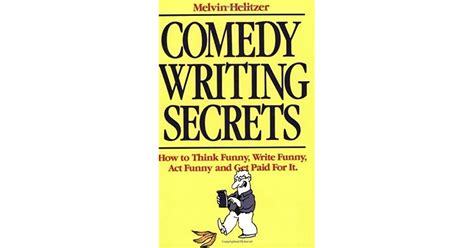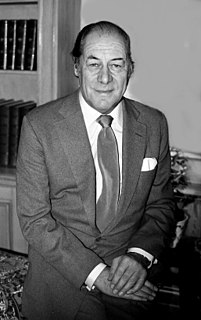A Quote by Ronald Reagan
An actor knows two important things - to be honest in what he is doing and to be in touch with the audience. That's not bad advice for a politician either.
Related Quotes
All "bad" presentations struggle to keep the audience interested. The audience squirms wishing they could escape. The audience has given the presenter an hour of their life, so they want that hour to be useful. It's disrespectful of a presenter to not show up rehearsed and prepared with information and insights that will improve the lives of the audience in some way. Presenting will do only one of two things for you: it will either diminish your credibility or yield results. Most bad presentations hurt the presenter's credibility.
When you see Robert Englund in a movie, you think he is the bad guy, but if I'm not the bad guy, and I'm supposed to just kind of fool the audience, it makes it a lot easier for whichever actor is the bad guy. So I find myself doing a lot of those, I think they're called red herring characters, faking out the audience.
Acting is bad acting if the actor himself gets emotional in the act of making the audience cry. The object is to make the audience cry, but not cry yourself. The emotion has to be inside the actor, not outside. If you stand there weeping and wailing, all your emotions will go down your shirt and nothing will go out to your audience. Audience control is really about the actor
I suppose we think euphemistically that all writers write because they have something to say that is truthful and honest and pointed and important. And I suppose I subscribe to that, too. But God knows when I look back over thirty years of professional writing, I'm hard-pressed to come up with anything that's important. Some things are literate, some things are interesting, some things are classy, but very damn little is important.


































